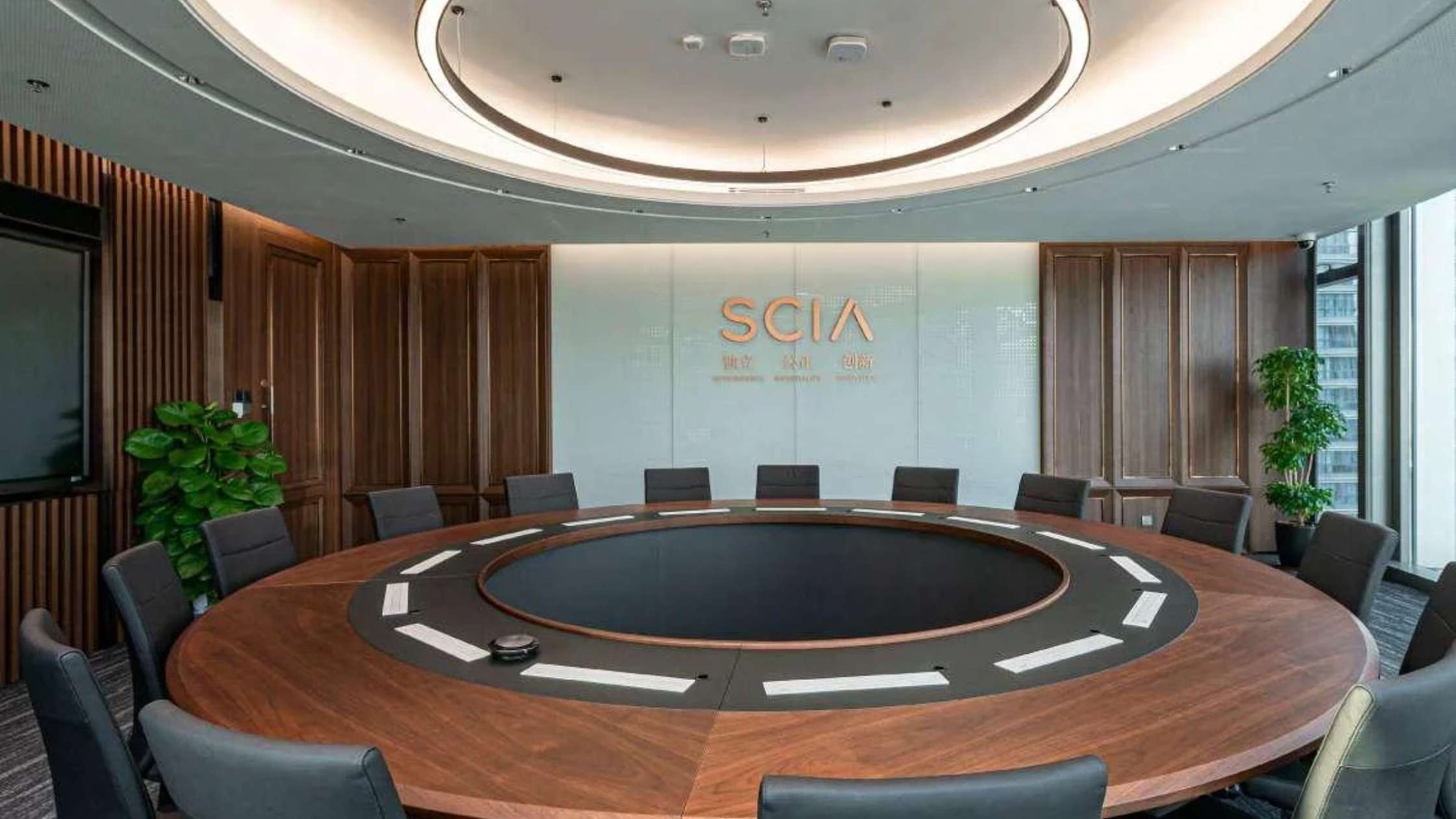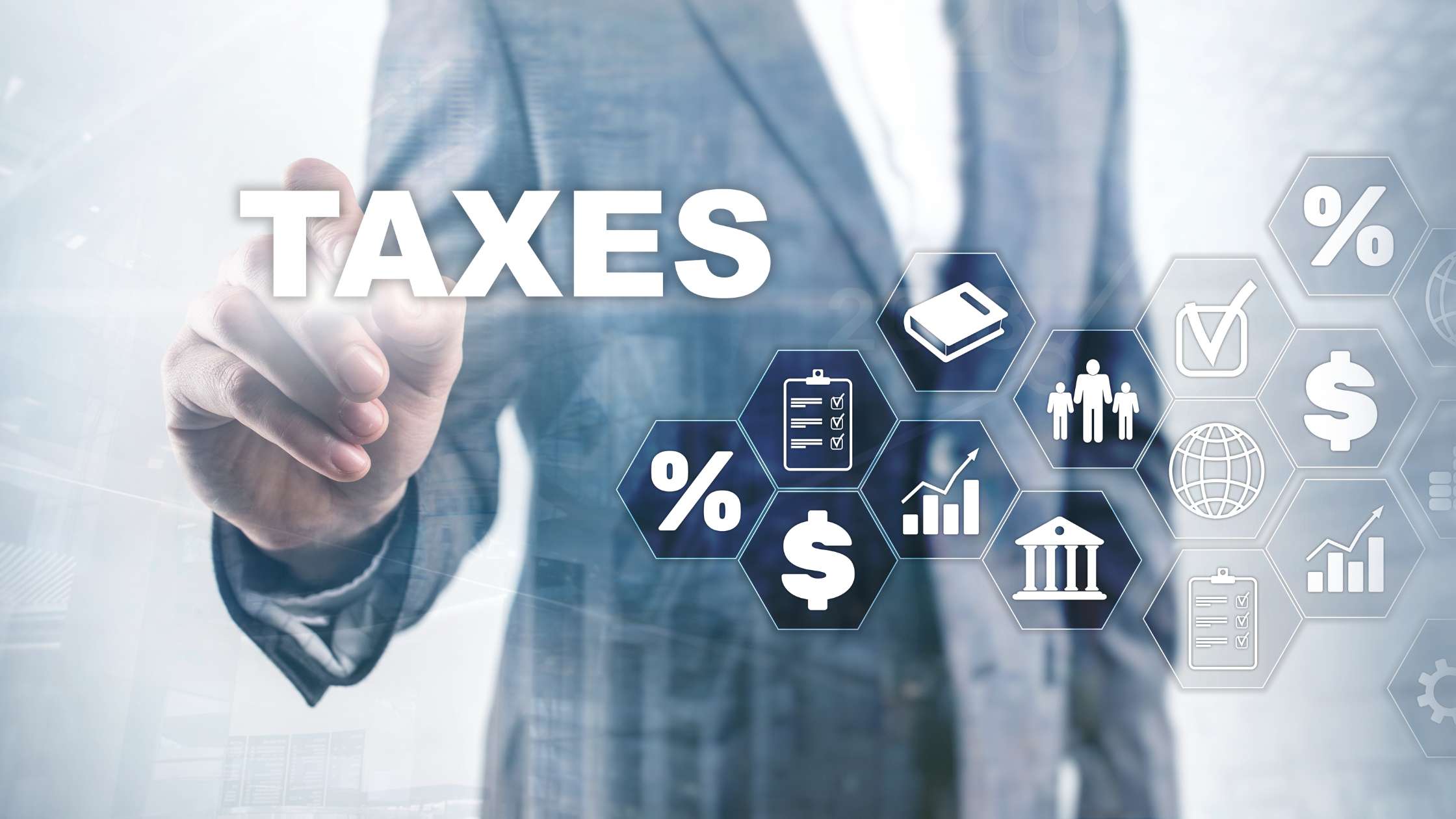November 10, 2023
Global M&A activity has slowed significantly – the total value of M&A fell to US$732.82 billion in the second quarter of 2023, from $1.14 trillion in the second quarter of 2022 according to Dealogic data as of June 29 20231. While there have been fewer ‘marriages’ in the past year, we are seeing an uptick in acrimony and ‘divorces’. By that, we mean M&A related disputes in the context of both ongoing M&A activity and deals that have been completed in recent years. This growth appears to have been prompted by the economic headwinds that have seen all businesses suffer. These include record levels of inflation and high interest rates, coupled with a slower than expected economic recovery by the second largest economy in the world, China, and the continuing conflict in Ukraine. Therefore, obtaining maximum value from M&A ongoing and past activity has never been more important. This article explores three scenarios in M&A disputes that have come to the fore in recent times, highlighting their implications and possible mitigating measures for businesses and their inhouse lawyers. Material Adverse Change (mac) And Conditionality Related Disputes MAC clauses provide a contractual mechanism that may allow the buyer to terminate the acquisition agreement and withdraw from the transaction if, before completion, certain events occur which negatively impact the target company’s value or operations. MAC clauses provide a means for allocating risk between the parties before completion – essentially providing an exit route for buyers in certain, limited, circumstances. Other conditions precedent for the completion of a transaction are also often necessary for regulatory or commercial reasons. The present global environment... November 10, 2023
Located on the landmark skyscraper in Qianhai, the SCIA Tower, the new headquarters of the Shenzhen Court of International Arbitration (SCIA) provides an impressive sea view, overlooking the 5.5-kilometer-long highway bridge linking the booming city in South China with Hong Kong. As China’s first arbitration institution established in South China, including Hong Kong and Macao, in 1983, the SCIA now possesses influence that extends far beyond the region. According to the SCIA, the total amount in dispute of arbitration cases it accepted in 2022 hit RMB 127.2 billion ($17.47 billion)— compared with RMB 16.5 billion in 2017 and RMB 3.9 billion in 2012 — the highest in Asia and top three in the world among its peers. Roughly one-third of the total amount, or RMB 42 billion, belonged to international arbitration cases. So far, the arbitration and mediation services of SCIA have been extended to 140 countries and regions. Describing it as a “pleasantly surprising ‘report card’”, An Xin, vice president of SCIA, told reporters in Shenzhen recently that the SCIA is gaining more trust from the market as an increasing number of Chinese and foreign companies have chosen the SCIA for arbitration over the years, and amounts involved were markedly augmented as well. In one of the cases several years ago, an investment dispute arose between Chinese and US companies, involving an amount of over RMB 13 billion, An recalled. The case, which was later famed for being the largest dispute amount in the history of Chinese arbitration, impressed the vice president a great deal. Due to the absence of an arbitration clause in the initial contract, the... November 10, 2023
On the changing role of a General Counsel Your Career Journey Has Traversed Multiple Countries With Roles In-house As Well As Private Practice. Can You Tell Us About Your Journey So Far? I am currently the General Counsel & Chief Compliance Officer of TLC Industries and was hired as part of Goldman Sachs Asset Management’s investment in TLC in March 2022. My expertise is in construction projects, governance controls and turnaround management. TLC is a property developer with a specialised expertise in sustainable modular construction, operating across the Asia-Pacific. I am also responsible for delivering the group’s compliance program, the core focus of which is on corporate governance, anti-bribery/anti-corruption controls, data protection, diversity/inclusion, and supply chain controls. GCs are no longer limited to a reactive role and often find themselves in the centre of disruption management Prior to joining TLC, I worked at Norton Rose LLP in London and Abu Dhabi. I then moved in-house and was Corporate Counsel at Jacobs Engineering Group in Singapore, Mumbai, and Hong Kong. Most recently, I served as the General Counsel, Head of Compliance and Director of Standard Chartered PE’s portfolio company Maxpower Group (as well as the Maxpower-Mitsui & Co., Ltd. Joint Venture) in Singapore, Jakarta and Rangoon. I am a former Visiting Scholar at Duke Law School in North Carolina and engaged, at both Duke and the University of Fribourg Law School in Switzerland, in advanced research on why compliance programs fail. Being In The Industry As Long Have You Have, What Has Been Your Experience Of The Evolving Nature Of The General Counsel Role Over The Last Decade? GCs play... September 16, 2023
Taiwan Intellectual Property Office Issues Latest Patent Updates Various regulations published earlier in 2013 became effective at the beginning of July. Here are some of the most notable ones: An amendment was made concerning the regulations governing the determination of patent term extensions. The Taiwan Food and Drug Administration will supply data allowing TIPO to calculate the periods of domestic and foreign clinical trials for patent term extension during the regulatory registration of marketing approvals. The service of electronic priority document exchange between the Taiwan Intellectual Property Office (TIPO) and the Korean Intellectual Property Office was extended to design patents. This service not only simplifies transnational filing procedures and saves the time and cost used for sending paper documents, but also accelerates patent examination procedures. Concerning whether a prior art technique disclosed in the specification of an application can be used by the examiner as a citation, if the date of the prior art technique disclosed in the specification cannot be confirmed, the applicant has the possibility of proving the prior art technique belongs to the applicant and has not been disclosed to the public. For divisional applications, if a divisional application is filed based on the invention patent application, the declaration in respect of the invention patent application can be invoked in the divisional application, and if the invention patent application and/or the divisional application are considered to be allowable and to be the same creation as the utility model patent, the examiner should notify the applicant to select either the invention patent application or the divisional application to benefit from the continuation of patent rights. TIPO Issues... August 16, 2023
Taiwan Intellectual Property Office Drafts Amendment to the Examination Guidelines on Disclaimers for Trademark Applications The Taiwan Intellectual Office announced on May 2, 2023, that it made a draft amendment to the Examination Guidelines on Disclaimers. Here are some of the main points: For non-distinctive parts of a trademark, a disclaimer will be necessary even if the combination of words created by the applicant seems original but is just a description of the trademark’s designated goods or services. By issuing a disclaimer for the non-distinctive part, consumers and competitors will understand clearly that the non-distinctive part is not being claimed. Other non-distinctive signs, such as surnames, slogans, idioms, and popular terms that are not descriptive, are often expected by businesses to potentially be part of their exclusive rights. If judged to be non-distinctive, however, such signs should generally be disclaimed. Numbers larger than two, model numbers, and symbols that have been determined to be non-distinctive should be disclaimed. However, if the meaning of the numbers (such as specifications, quantities, time or era) is clear and specific to the product and commonly used in the industry, and if it can be determined that they do not raise any doubt about the scope of the trademark’s rights, they do not need to be disclaimed. Where the position, font size, or proportion of the non-distinctive part of a trademark may affect the applicant’s judgement as to whether to claim the trademark rights to that part, a disclaimer for that part should be made. If there is sufficient evidence during examination to determine that a non-distinctive element is commonly used by the industry... August 7, 2023
Introduction On 28th of July 2023, the UAE Ministry of Finance published three new Cabinet Decisions pertaining to corporate tax and tax procedural law: Cabinet Decision No. 74 of 2023 On the Executive Regulation of Federal Decree-Law No. 28 of 2022 on Tax Procedures (further also as the “CD No. 74 of 2023”). Cabinet Decision No. 75 of 2023 On the Administrative Penalties for Violations Related to the Application of Federal Decree-Law No. 47 of 2022 on the Taxation of Corporations and Businesses (further also as the “CD No. 75 of 2023”). Cabinet Decision No. 81 of 2023 On Conditions for Qualifying Investment Funds for the Purposes of Federal Decree-Law No. 47 of 2022 on the Taxation of Corporations and Businesses (further also as the “CD No. 81 of 2023”). The first two legal acts came into force on 1st August 2023, whereas CD No. 81 of 2023 should come into effect the day following the date of its publication. At the time of writing this alert, CD No. 81 of 2023 is not yet officially published in the official UAE Gazette. 1. Tax Procedural Changes – CD No. 74 of 2023 On 30th September 2022, a new tax procedural law has been published under the Federal Decree-Law No. 28 of 2022, with 1st March 2023 marked as the date of entering into force, replacing Federal Decree-Law No. 7 of 2017. However, the executive regulations that were issued under the Federal Decree-Law No. 7 of 2017 (Cabinet Decision No. 36 of 2017) remained in force, creating interpretational problems, especially around the Voluntary Disclosure obligation. The discussed CD No. 74... Upcoming Events
Recent Past Events















